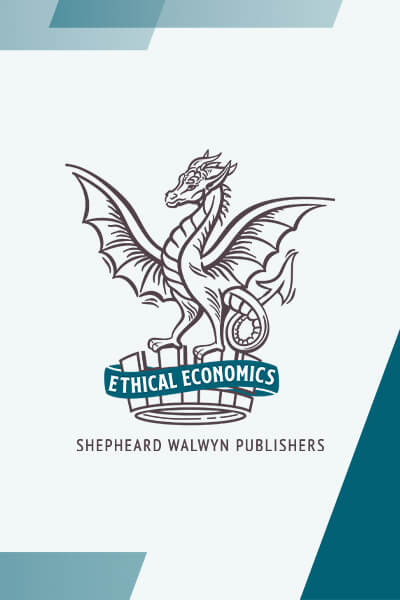‘One of the few benign consequences of last year’s financial crisis’, wrote Anatole Kaletsky in The Times (28/10/2009), ‘was the exposure of modern economics as an emperor with no clothes.’ If this is true, to what can we turn in our search for a new economic paradigm?
If we look back to the classical economists, we find that they too were addressing the same question for their time – it is not a new question. Their approach differed from modern economists in that they started from the premise that there are natural laws or principles which pre-exist man, which man may discover and apply in the economic sphere. The title of Adam Smith’s Inquiry into the Nature and Causes of the Wealth of Nations reveals this approach.
Likewise, in The Principles of Political Economy and Taxation David Ricardo sought the principles which govern economics, but he considered ‘the principal problem of Political Economy’ not to be the creation of wealth, as Adam Smith and modern economists do, but to determine the laws which regulate its distribution.
Henry George’s Progress and Poverty sought the cause of growing wealth in the 19th century side by side with dire poverty, again addressing the issue of the distribution of wealth.
These same problems face us to today. The attached paper, A Principled Approach to Economics, explores whether the approach and insights of the classical economists offer us any help in our present predicament.






